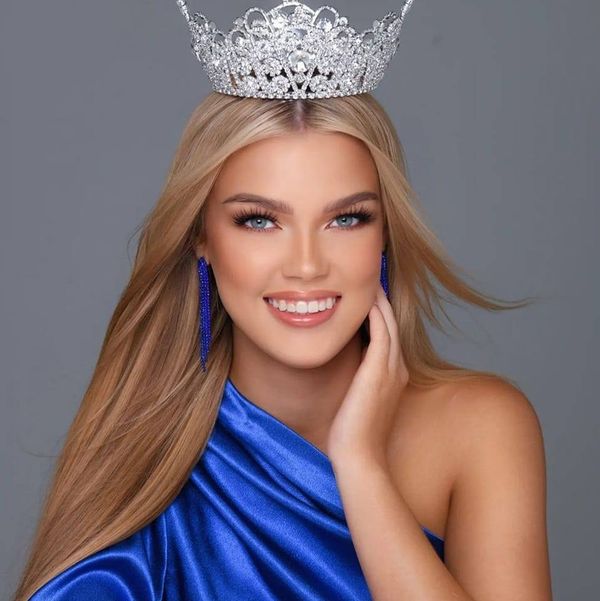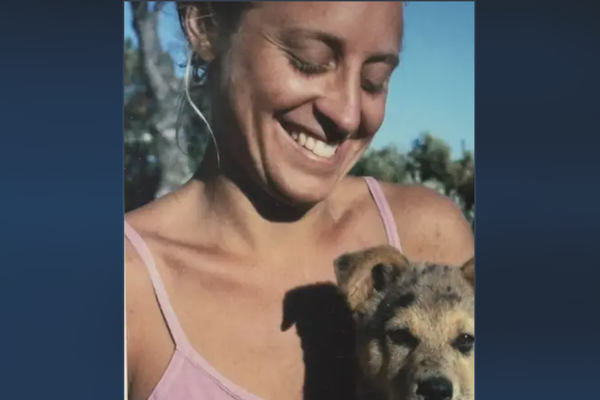
“Parents want their kids off their phones and on the footy field. So do I.” That was Anthony Albanese’s justification for a detail-free proposal to ban kids up to 16 from social media. Too bad if you’re a kid who likes reading, or playing music, or art — it’s the footy field that has the prime ministerial imprimatur. And too bad if you’re a teen who uses social media to connect with others like you, reducing loneliness and stigma. Get out and play a contact sport.
It’s not the first time Australia’s political leaders have embarrassed themselves trying to act tough on tech. We’ve had moral panics about kids online before. John Howard and his then communications minister Helen Coonan succumbed to one in 2007 when they rushed out a $90 million internet filter hastily patched together by the Department of Communications. “Protecting Australian Families Online” (PAFO) was a filter for parents, based on an ACMA blacklist. How did that go? A sixteen-year-old bypassed the filter within minutes. For good measure, WikiLeaks later published the whole ACMA blacklist.
The PAFO debacle was par for the course for the Howard government, which first earned the title “Global Village Idiot” for itself with a remarkable series of assaults on the internet. Howard’s communications minister Richard Alston wanted a national pornography firewall and later a compulsory internet pornography filter on every computer, but never got very far with either. He did manage to ban discussion of euthanasia online — a ridiculous law that remains on the books and hampers effective use of state voluntary assisted dying laws.
Alston also slipped into his 2000 broadcasting changes (designed to prevent digital television from leading to any competition for the free-to-air broadcasters) a proposal to conduct a review about imposing broadcasting regulation on internet streaming, until an outcry forced him to abandon the idea. Alston was also famously hostile to broadband, for which Australia remained a global backwater until Labor’s NBN arrived. He thought the only good use for broadband was pornography, and that it was a “costly waste of time“. Alston’s colleague, and successor as Communications minister Daryl Williams, proposed to criminalise forwarding emails, for good measure.
The arrival of Labor Communications minister Stephen Conroy marked a radical step into the 21st century, especially on broadband, but he too was enamoured with the idea of an internet censorship regime, duking it out with your correspondent in these very pages on the issue. Like his predecessors, he ultimately gave up the attempt (hilariously, the Coalition, which had backed an internet filter when in government, claimed the same proposal from Labor was a sinister plot to control the internet).
The return of the Coalition, however, ushered in another era of repeated quests for Global Village Idiot status. Malcolm Turnbull’s “multi-technology mix” was a disaster that ended up costing $56 billion. Attorney-general George Brandis imposed data retention (which he had opposed in opposition) on telcos and ISPs, in the process delivering one of the all-time great train wreck interviews where he couldn’t tell the difference between metadata and content.
When Turnbull and Brandis turned their attention to banning encryption, Turnbull earned international headlines when he said “the laws of mathematics are very commendable, but the only law that applies in Australia is the law of Australia.”
Then there was the debacle of the Morrison government’s COVIDSafe app, which cost taxpayers $21 million and — despite cheerleading from fools in the mainstream media — delivered precisely nothing of any use. Later, Scott Morrison’s handpicked chief internet censor Julie Inman Grant — one of the original proponents of a “papers please” online age verification tool — threatened to shut down the websites of sex workers as part of yet another attempt to remove pornography from the internet.
Ironically, Inman Grant and her team of net censors have actually worked out, after talking to industry, that age verification is a bad idea, saying “a one-size approach for all businesses is unlikely to work … it will take a combination of technological solutions to address the issue”. Indeed, it’s clear from the complete lack of detail attending the prime minister’s commitment to yet more internet censorship that the government has no idea how to produce anything other than yet another silly voluntary filter.
What are the chances it results in yet another dud app like COVIDSafe to add to the parental control apps already available, that will be deleted, unmourned except for the wasted money, in a couple of years’ time? Kidsafe is already taken. How about PAFO? People might have forgotten about it in the intervening 17 years.
Is the government’s proposed social media ban just more luddite legislation? Let us know your thoughts by writing to letters@crikey.com.au. Please include your full name to be considered for publication. We reserve the right to edit for length and clarity.







